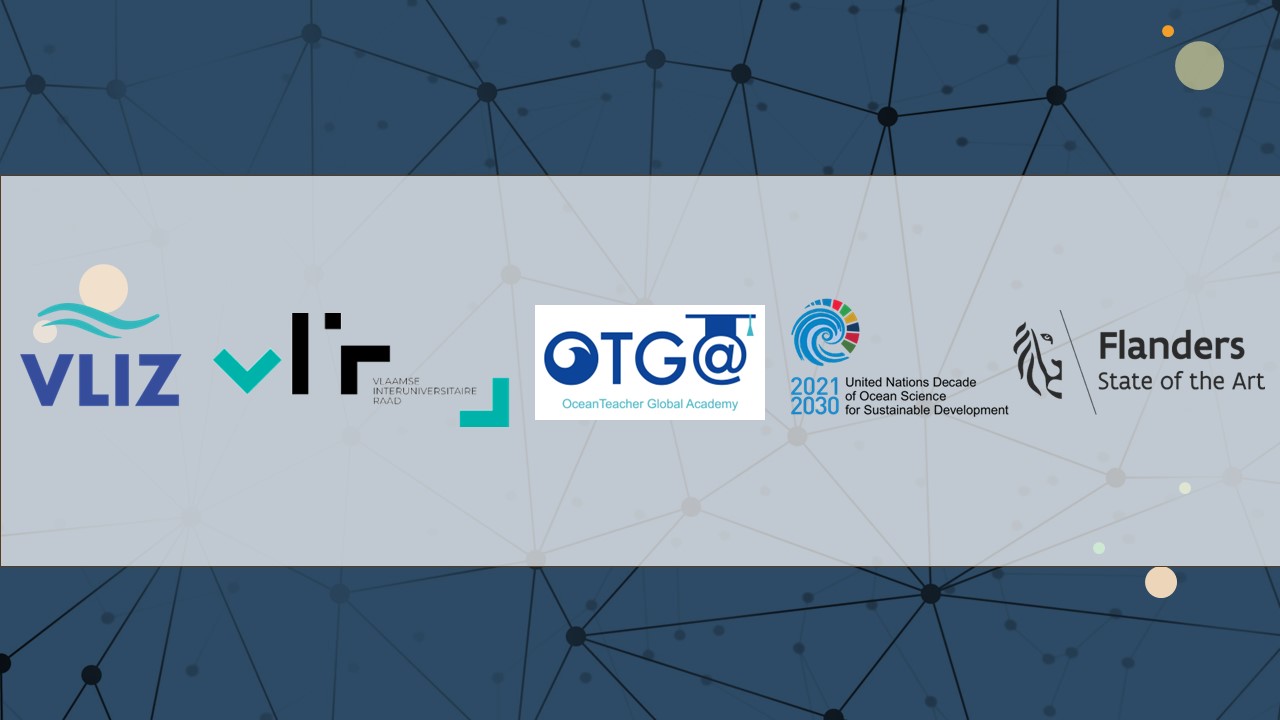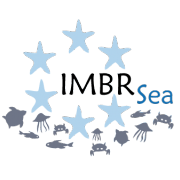mode_of_deliveryOnsite
Courses tagged with "mode_of_delivery::onsite"

QMF2024
Quality Management System Essentials for NODCs and ADUs 2024
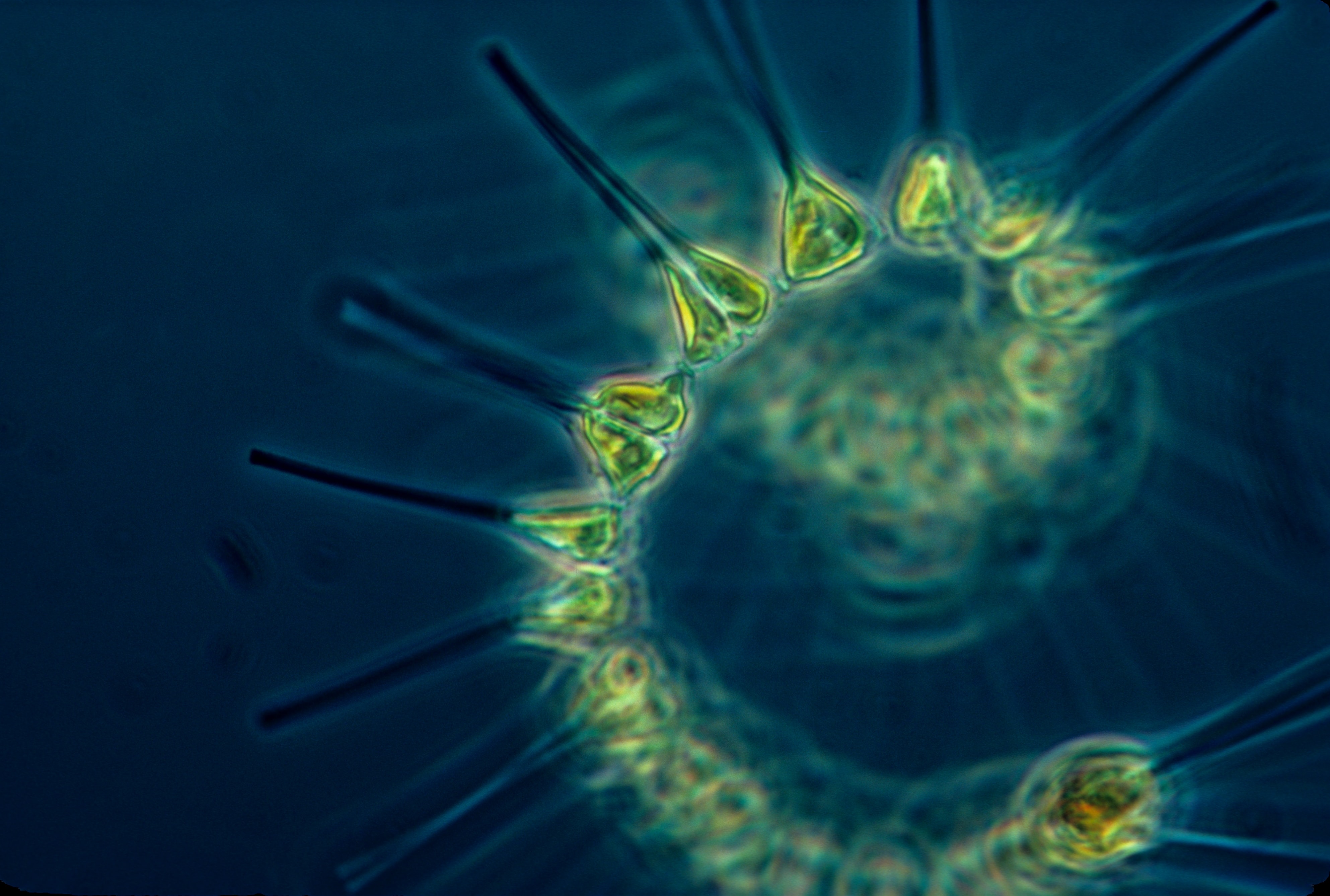
MicTechPhyto_2023
Culturing and microscopy techniques for the analysis of phytoplankton diversity 2023
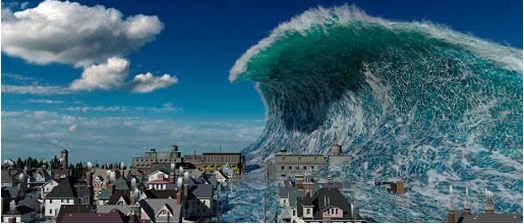
TCP_2022
Training on Tsunami Community Preparedness
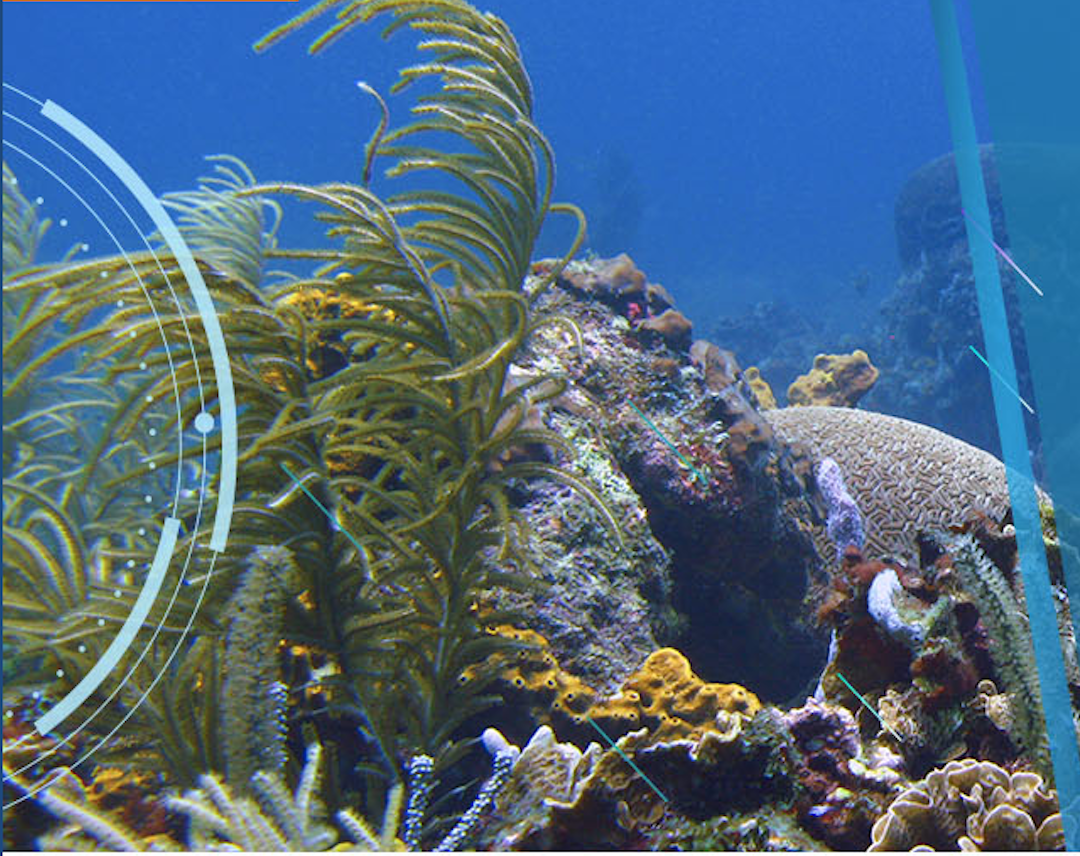
AMP2021ES
Áreas Marinas Protegidas 2021
El curso brinda un contexto sobre las Áreas Marinas Protegidas - AMP a
nivel global, su importancia, su situación para Latinoamérica y frente a
amenazas como el cambio climático, en el marco del CDB, los objetivos
de Desarrollo Sostenible 13 y 14 y el Decenio de las ciencias oceánicas.
Abarca los temas de bases conceptuales sobre áreas marinas protegidas,
planeación, manejo, gobernanza, monitoreo y desarrollo de estrategias
para el desarrollo de actividades sostenibles al interior de las AMP,
adaptación al cambio climático, entre otros. Busca también una
retroalimentación por parte de todos los estudiantes de acuerdo a sus
experiencias y entrenamiento adquirido en temas de conservación y
manejo, para promover el desarrollo de metodologías que orienten hacia
el manejo efectivo de las AMP.

MicTechPhyto_2021
Culturing and microscopy techniques for the analysis of phytoplankton diversity
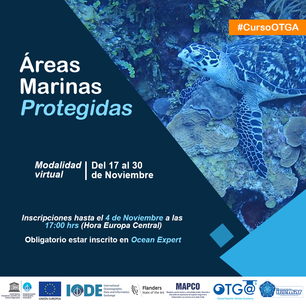
AMP2020CO
Áreas Marinas Protegidas 2020
El curso brinda un contexto sobre las Áreas Marinas Protegidas - AMP a nivel global, su importancia, su situación para Latinoamérica y frente a amenazas como el cambio climático, en el marco de las metas Aichi y los objetivos de Desarrollo Sostenible 13 y 14. Abarca los temas de bases conceptuales sobre áreas marinas protegidas, planeación, manejo, gobernanza, monitoreo y desarrollo de estrategias para el desarrollo de actividades sostenibles al interior de las AMP, adaptación al cambio climático, entre otros. Busca también una retroalimentación por parte de todos los estudiantes de acuerdo a sus experiencias y entrenamiento adquirido en temas de conservación y manejo, para promover el desarrollo de metodologías que orienten hacia el manejo efectivo de las AMP. Busca la apropiación y producción del conocimiento, así como el desarrollo de la capacidad crítica del estudiante orientada hacia el conocimiento sobre AMP que resuelva el tipo de preguntas porqué crear AMP? Cómo crearlas?, Cómo responder a metas nacionales e internacionales sobre AMP? factores de impacto y/o amenazas naturales y antrópicas y la efectiva gestión y adecuado manejo de las AMP.
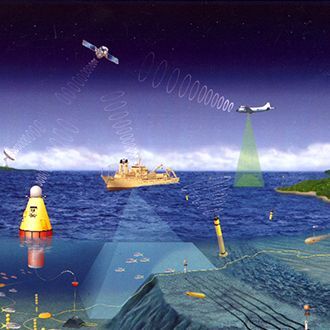
MSR2019BE
Conduct of Marine Scientific Research (MSR) under the United Nations Convention on the Law of the Sea (UNCLOS)
Marine scientific research (MSR) plays a critical role in sustainable development as consistently recognized by the UN General Assembly in its annual resolutions on oceans and the law of the sea. Research, and the tools required to conduct it, are essential for the sustainable development of the oceans and the seas and their resources, including by supporting informed decisions on the conservation and sustainable use of the marine environment and its resources, and by helping to understand, predict and respond to natural disasters and climate change. Increased MSR through capacity--development strengthening the capacity of States, in particular Small Island Developing States (SIDS), to implement the relevant MSR provisions of the United Nations Convention on the Law of the Sea (UNCLOS) as well as similar provisions in other instruments, is essential for increasing the MSR being conducted in the world’s oceans. This course will provide an overview of the legal, technical and scientific aspects of the MSR regime, particularly with respect to consent procedures, so as to reinforce the participants’ knowledge of the rights and obligations of coastal and researching States. It will also touch upon matters relating to the development and transfer of marine technology under the United Nations Convention on the Law of the Sea.
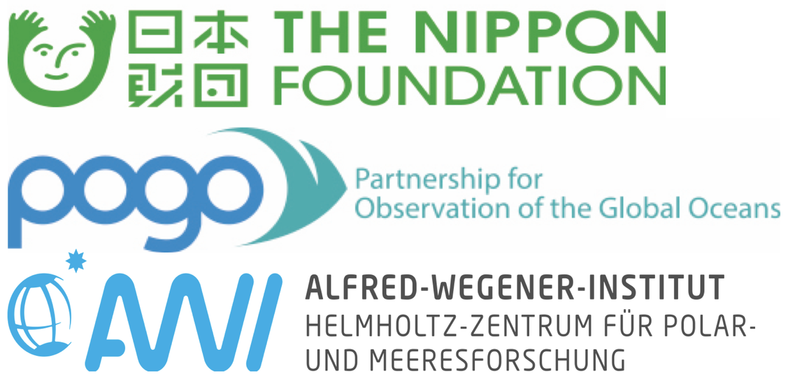
NFPOGO-TSEC2021_Unit16
NF-POGO Centre of Excellence. Timescales of Element Cycling in the Ocean- Analytical, Experimental and (radio)Tracer Approaches
Unit on Timescales of Element Cycling in the Ocean-Analytical, Experimental and (radio) Tracer Approaches

NFPOGO-CP2021_MSP_Unit12
NF-POGO Centre of Excellence. Marine Spatial Planning Module
Unit on Marine Spatial Planning

NFPOGO-CP2021_PO I_Unit8
NF-POGO Centre of Excellence. Physical Oceanography I
Unit on Physical Oceanography I

NFPOGO-INTRO2021_Unit0
NF-POGO Centre of Excellence. Introductory module
To get familiar with each other and with the technical issues of the teaching tools. Get to know administrative issues, learn how to apply the folderscope and the VPN server, introduction to netiquette and good scientific practice. Get to know the hosting institutes, the Nippon Foundation and the POGO consortium

NFPOGO-CP2021_Phyto_ChemOce_Unit1
NF-POGO Centre of Excellence. Phytoplankton and Chemical Oceanography
Unit on chemical oceanography, nutrients and plankton.

NFPOGO-ODM2022
NF-POGO Centre of Excellence. Ocean Data Management module
This 2 week-long module on Ocean Data Management is part of the Nippon Foundation-POGO Centre of Excellence (NF-POGO CofE) and hosted by AWI (cohort 2022). This module is part of an intensive training course for young professionals at the post-graduate level, ten months in duration, with an intake of ten trainees per year. The course is sponsored by the Nippon Foundation and hosted by the Alfred Wegener Institute for Polar and Marine Research.
This module provides a comprehensive introduction to a wide variety of earth science datasets, formats and analysis software. Students will learn and practice methods using a common ocean area, and they are expected to create a personal project of data products for a marine region of their own choosing. Personal projects are presented by the students at the end of the course.
Course/Module Dates: 28 March-8 April 2022

